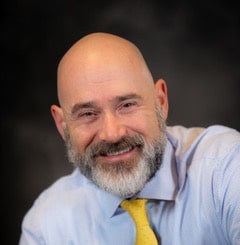Hallucinogenic agents: pros and cons of psychedelic therapy

As a young man, Rick Barnett sought to “find himself” through psychedelic drugs. His journey began as exploration but in time became problematic.
However, during this experimental stage, Barnett, Psy.D, LADC, MS clinical psychopharmacology in Stowe, Vermont, discovered that hallucinogenic substances “had the potential to change people’s minds and perceptions.”
Some 25 years later, Barnett became reinvigorated and reinterested in benefits attributed to hallucinogenic drugs through Michael Pollan’s book, “How to Change Your Mind: What the New Science of Psychedelics Teaches Us About Consciousness, Dying, Addiction, Depression, and Transcendence.”
Barnett’s past personal experience and newfound interest in this area led him to enroll in the Ce...
Want to keep reading this article from New England Psychologist?
Login below or subscribe today to support independent journalism!
